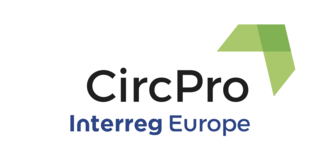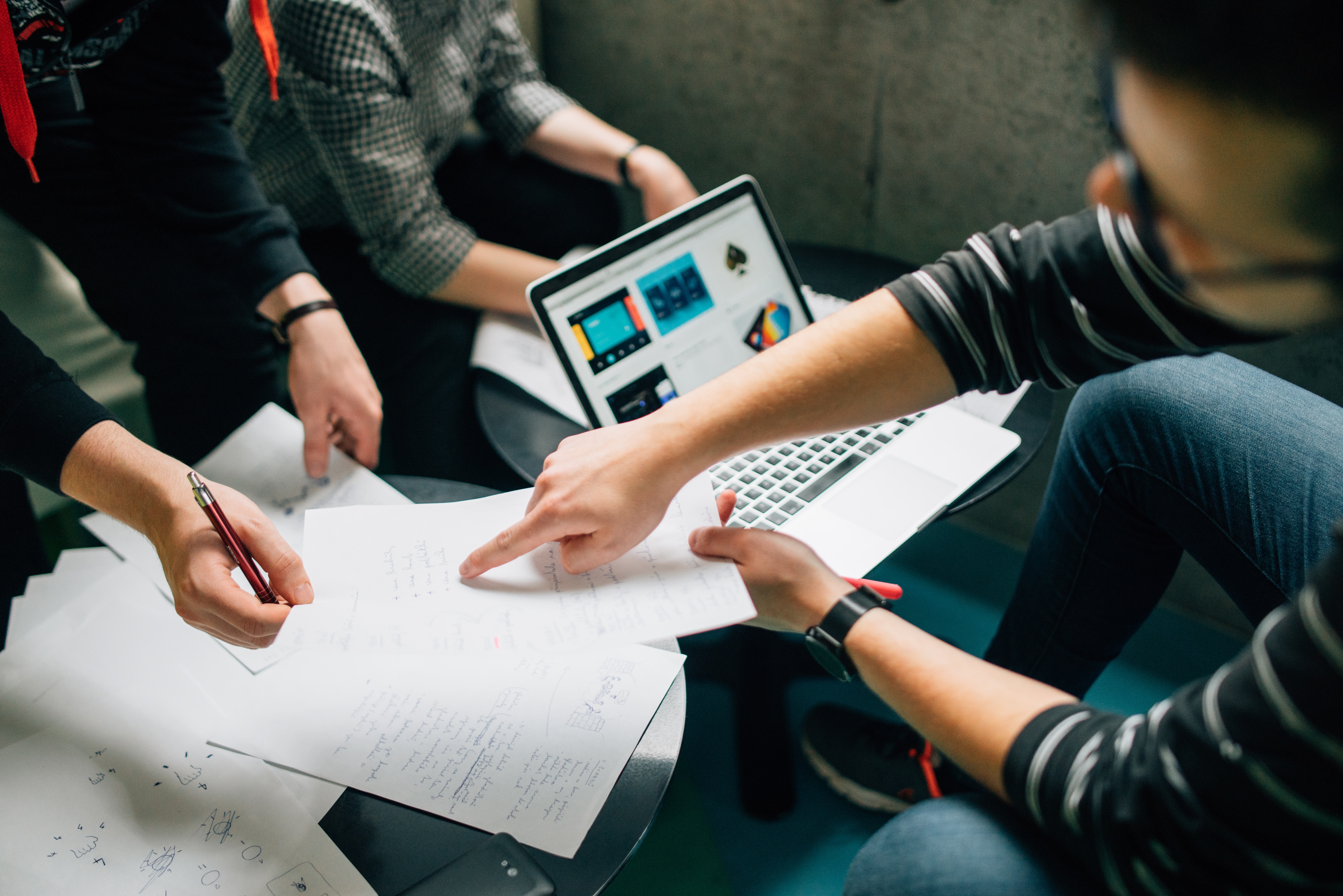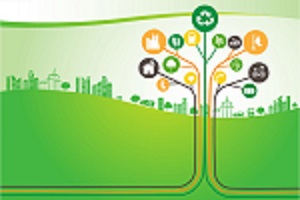Project CircPro aims to promote the transition to a more Circular Economy related national and regional decision making by increasing the implementation of the Circular Procurement. There is no official definition yet, but "Circular Public Procurement in the Nordic Countries" (CIPRON) study suggests that Circular Procurement (CP) is a procurement of competitively priced products, services or systems that satisfy the customer needs and lead to extended lifespan, value retention and/or remarkably improved and non-risky cycling of biological or technical materials, compared to other solutions for a similar purpose in the market. CP as a process is expected to provide conditions and criteria that would stimulate energy and material savings and closed material loops, and spread innovative solutions and create markets for clean solutions.
The main existing barriers regarding implementation of the CP identified by the partnership are: general lack of knowledge and expertise; procedural and legal barriers; and procurers ́ preconceptions about using products which are made of recycled materials, as well as lack of them.
11 partners from 9 EU regions and Norway will tackle these challenges by:
- identifying pilots and initiatives, main actors, organizations and networks that could promote the implementation of CP;
- identifying main legal and procedural challenges;
- providing a meeting place and enhancing a dialogue between procurers and suppliers (both groups are represented in the partnership and stakeholders ́groups).
The aim of the regional stakeholder meeting is to analyse local/regional challenges related to circular procurements (CP) and their systematic implementation, seeking solutions and ultimately developing a regional Action Plan to address these challenges.
Embedding the learning from the inter-regional exchange related to circular economy in general and CPs (practical knowledge, good practices, peer review, etc. from other regions) into the local/regional policy-making process.
Communicating results at local/regional level, and disseminating lessons learned to the wider community (politicians and policy makers, procurers, suppliers, general public).
Contributing to the inter-regional exchange and learning process taking place at network level vi sharing the best experiences and practices.
The fields of discussions will include:
- construction
- infrastructure
- food and food services; agrofood
- waste management and recycling
- furniture and office equipment
- cleaning products and paper
- water
- transportation
- machinery and equipment
- health sector
- service procurements in different sectors (e.g. cleaning and sanitation, maintenance of streets and buildings, tourism...) .




